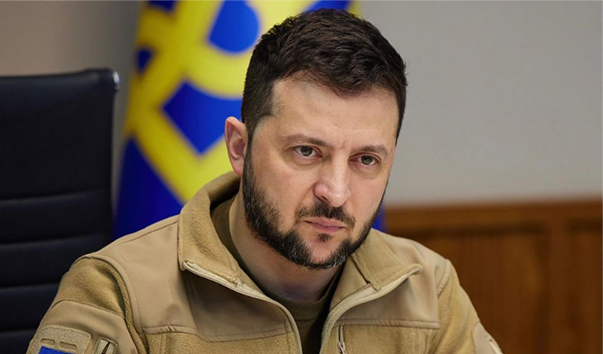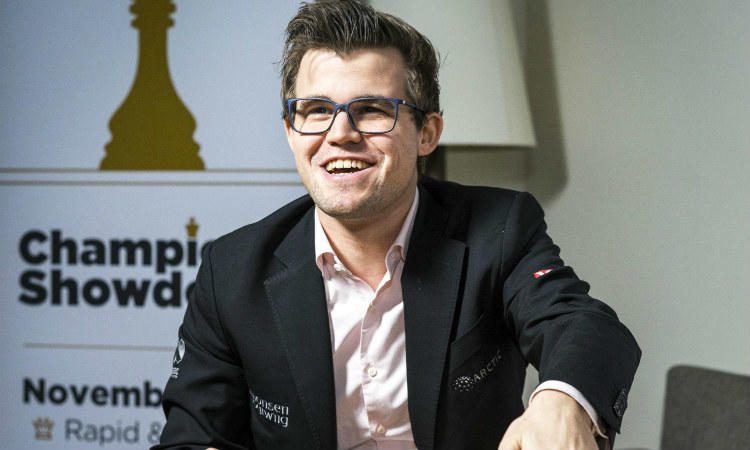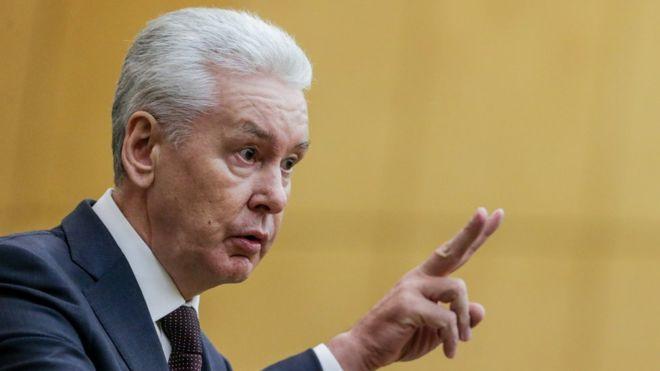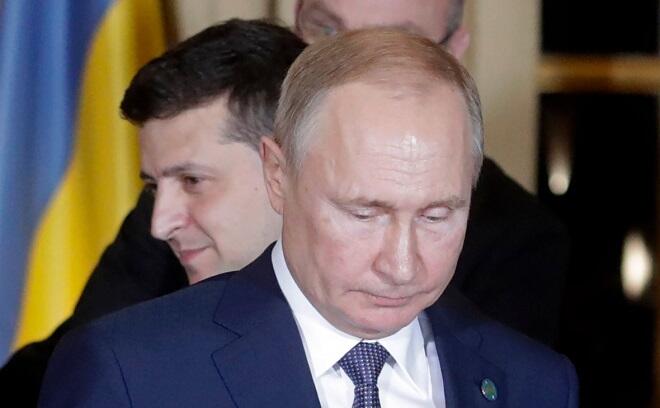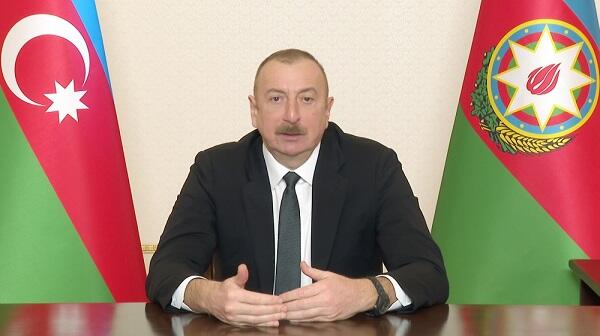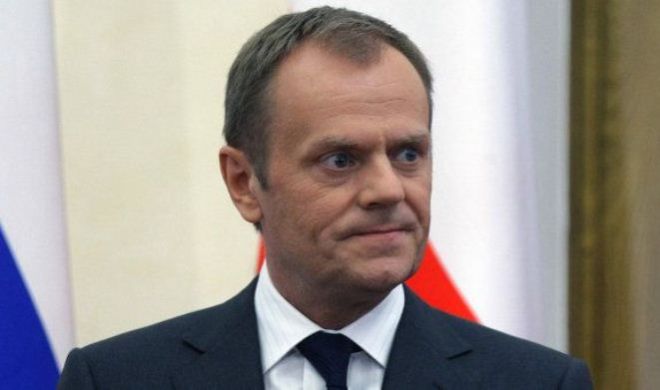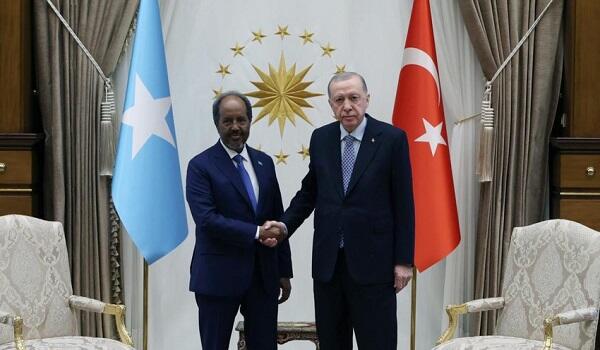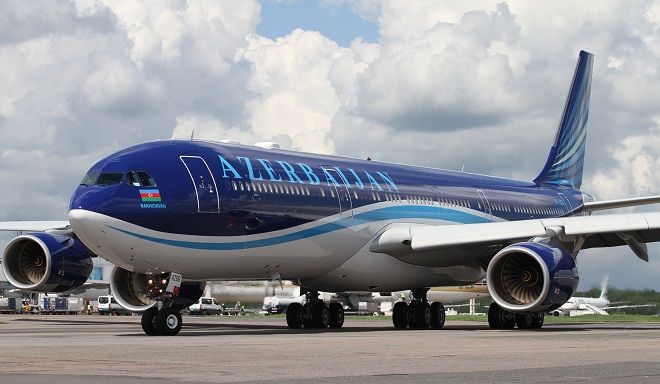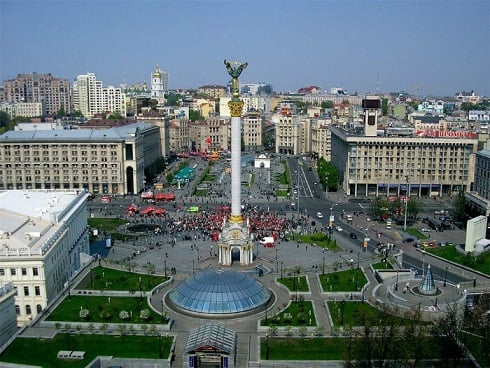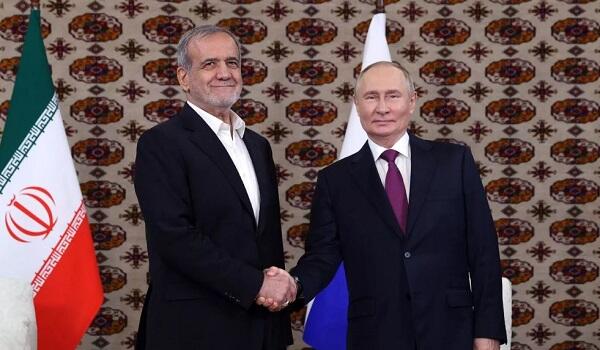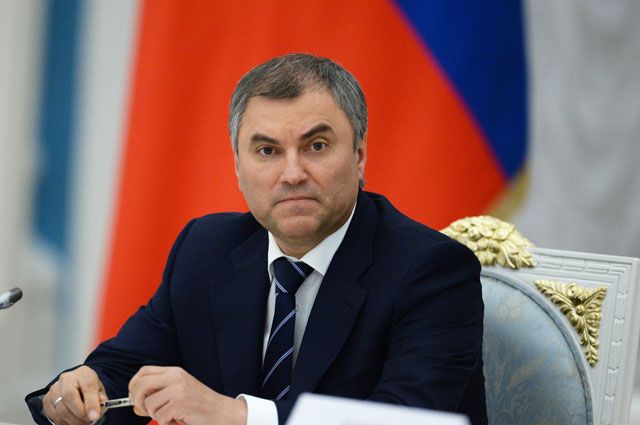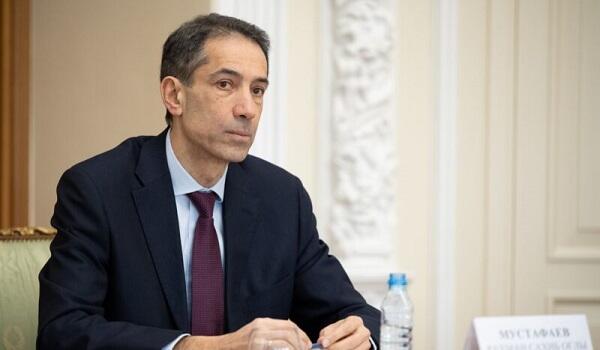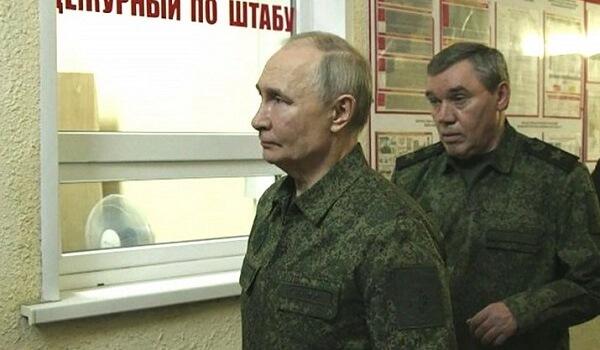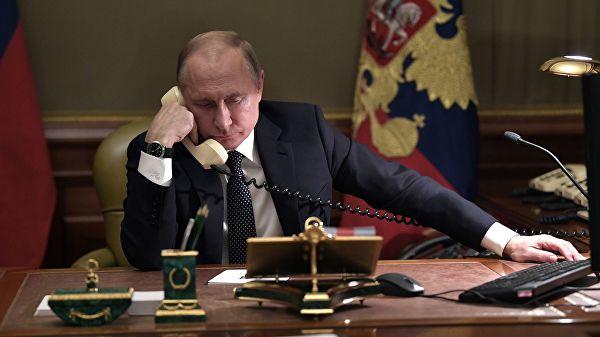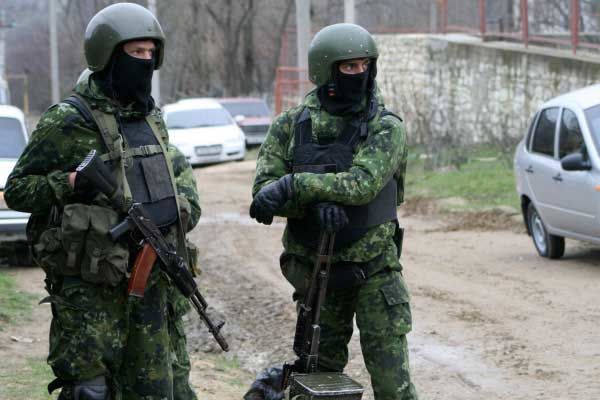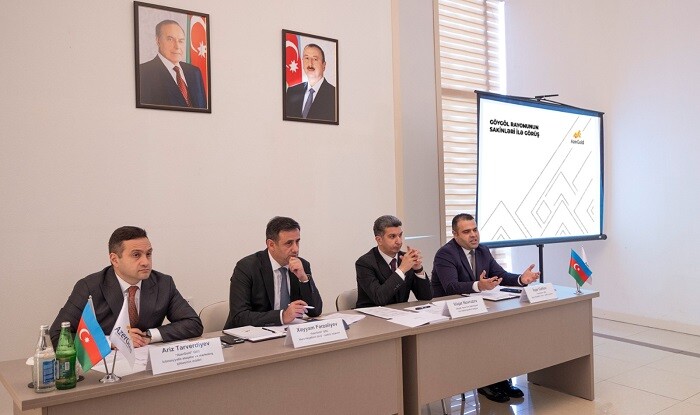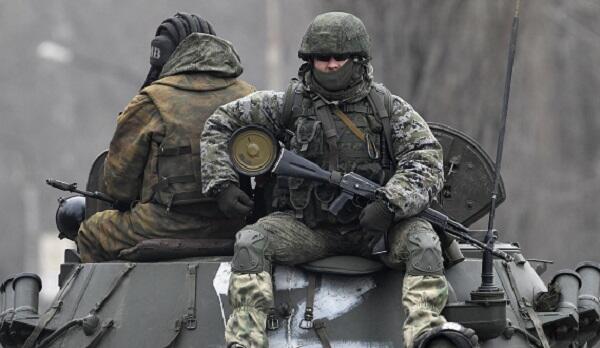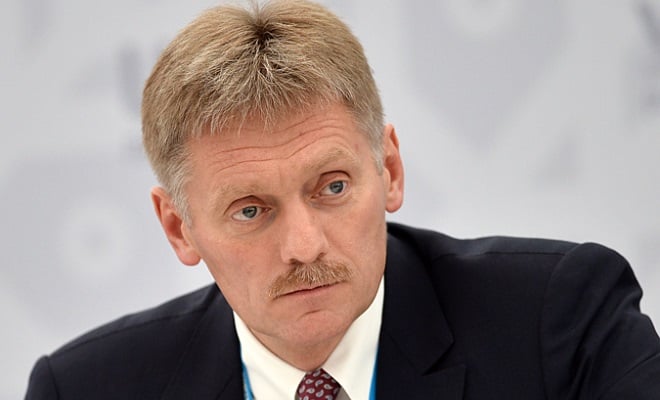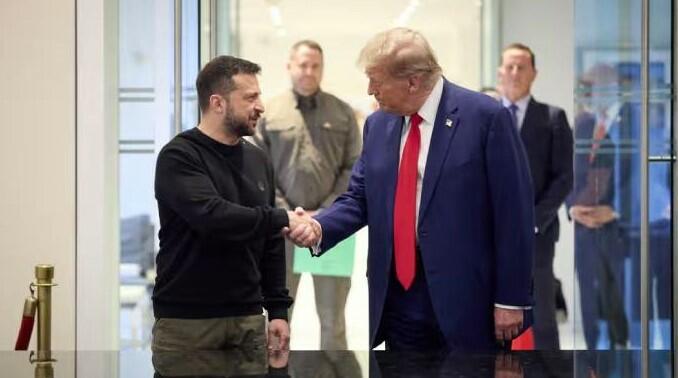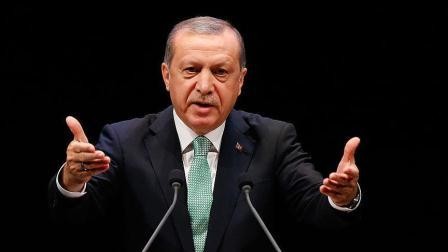President Recep Tayyip Erdogan has criticized Germany
for not extraditing Fetullah Terrorist Organization (FETO) members
to Turkey.
In his speech at an award ceremony at the presidential complex
in Ankara on Thursday, Erdogan said: "We are worried that Germany,
which has been taking terrorist organizations like the PKK, DHKP-C
under its wing, is now becoming a backyard for FETO."
He likened terrorist groups to "scorpions that will sting its
carrier frog because it’s in their nature."
"I don’t see the future of Germany -- which receives terrorists
with open arms instead of fighting against PKK, FETO, Daesh or
racist groups -- well," he said. "Germany has become one of the
most important countries that terrorists seek shelter in. I am
saying it clearly."
Germany, which hosts a three million strong Turkish community,
is among countries where FETO, led by U.S.-based Fetullah Gulen,
has a large network with dozens of private schools, businesses and
media organizations.
Several important Gulenist figures, including prosecutors and
journalists, are believed to have fled from Turkey to Germany.
Berlin seeks to ease tension
German Foreign Minister Frank-Walter Steinmeier denied that
Germany had become a platform for terrorist organizations.
"I cannot understand at all the remarks of President Erdogan
about the security situation in Germany," he told a joint press
conference with visiting Estonian Foreign Minister Jurgen Ligi
Thursday.
The minister underlined Berlin’s political will to continue
close cooperation with Ankara, despite differences on a number of
issues.
"Turkey remains an important country in the region in view of
the trouble spots in Syria and Iraq. Thus, of course we would like
to have good and constructive relations with Turkey," he said.
Steinmeier added that the German government would continue to
discuss issues of freedom of expression and press in Turkey, during
bilateral talks on various levels.
Turkey demands action on FETO
Relations between Germany and Turkey have been strained in
recent months, largely due to Berlin’s reluctance to take strong
action against terrorist groups, including FETO and PKK, which
carry out activities in Germany.
Last month, Turkey formally asked German authorities to locate,
arrest and handover two high-profile prosecutors, Zekeriya Oz and
Celal Kara, who are accused of plotting to overthrow the Turkish
government.
They are accused of playing a key role in a controversial
anti-corruption probe late 2013 that targeted the upper echelons of
government.
But Germany’s Justice Minister Heiko Maas said on Tuesday that
Berlin would not extradite any suspects if they faced "politically
motivated" charges in Turkey.
Germany views Gulenists with suspicion but the group is not
outlawed in the country, with the authorities stressing that such a
move could only come after concrete evidence of criminality was
presented.
The FETO, led by U.S.-based Fetullah Gulen, is accused of
orchestrating Turkey’s July 15 coup plot as well as being behind a
long-running campaign to overthrow the state through the
infiltration of Turkish institutions, particularly the military,
police, and judiciary.
The defeated July 15 coup left 246 people martyred and nearly
2,200 injured.
